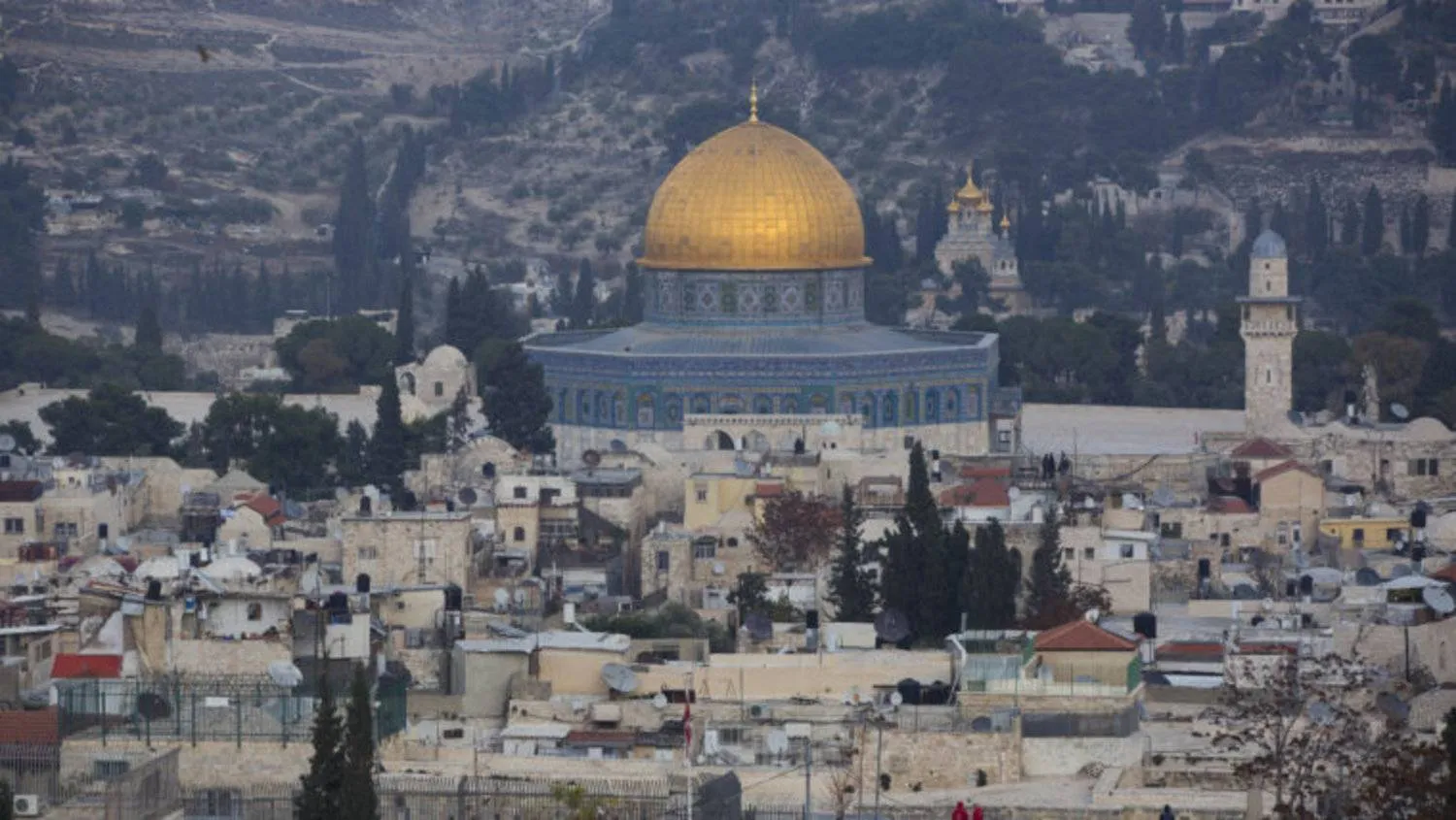Israeli Prime Minister Benyamin Netanyahu said the recognition of the State of Palestine by Spain, Ireland and Norway on Wednesday was a "reward for terror".
"The intention of several European countries to recognize a Palestinian state is a reward for terror," he said in a statement, adding a sovereign State of Palestine would be a "terror state" that would "try to repeatedly carry out the massacre of October 7th".
Also, the White House said Wednesday it opposed "unilateral recognition" of a Palestinian state.
President Joe Biden "has been on the record supporting a two-state solution," his national security advisor, Jake Sullivan, told reporters.
"He has been equally emphatic on the record that that two-state solution should be brought about through direct negotiations through the parties, not through unilateral recognition," he said, AFP reported.
He stopped short of criticizing the decision to formally recognize the State of Palestine by the three European countries, all close allies of the United States.
"Each country is entitled to make its own determinations, but the US position on this is clear," Sullivan said.
For his part, Far-right Israeli Finance Minister Bezalel Smotrich told Netanyahu that he wants to take retaliatory action including severing an arrangement in which Norway handles funds intended to the Palestinian Authority.
Under peace agreements brokered in part by Norway in the 1990s, Israel collects money for the Palestinian Authority, which exercises limited autonomy in parts of the West Bank.
But Israel has blocked transfers since the aftermath of the October 7 attack.
Sullivan said that funds should keep going to the Palestinian Authority which the Biden administration wants to strengthen in hopes it can assume control of Gaza from Hamas.
"I think it's wrong on a strategic basis, because withholding funds destabilizes the West Bank," Sullivan said of Israeli moves to stop funds.
"It undermines the search for security and prosperity for the Palestinian people which is in Israel's interests, and, I think, it's wrong to withhold funds that provide basic goods and services to innocent people," he said.
Biden and Secretary of State Antony Blinken have been pushing Israel to move forward on a timeline for a Palestinian state, in part by dangling the prospect of Saudi Arabia normalizing relations with Israel.
But Washington vetoed a recent UN Security Council bid to recognize the State of Palestine, saying that recognition could only come through negotiations that take into account Israel's security interests.









